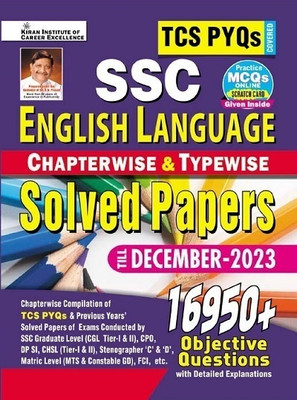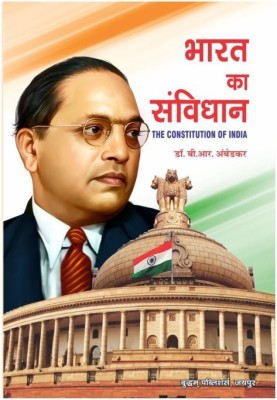
VAR ANANT VAR KATHA ANANTA / वर अनन्त वर-कथा अनन्ता (Hindi, Paperback, Edit By - Dr Dinesh Pathak Shashi)
Share
VAR ANANT VAR KATHA ANANTA / वर अनन्त वर-कथा अनन्ता (Hindi, Paperback, Edit By - Dr Dinesh Pathak Shashi)
Be the first to Review this product
₹230
Available offers
T&C
T&C
T&C
Delivery
Check
Enter pincode
Delivery by21 Jul, Monday
?
View Details
Highlights
- Language: Hindi
- Binding: Paperback
- Publisher: Notion Press
- Genre: Non-Classifiable
- ISBN: 9798886062595
Services
- Cash on Delivery available?
Seller
Description
In fact, satire is born out of personal, social, cultural, political or some situational discrepancy. The satirist is hurt by the lack of what should be his end, only then he strikes at that discrepancy with his writing. On the one hand, there is a joy of humor and satire in this injury, and on the other hand there is also an intense feeling of sadness of that discrepancy which gives an awareness message to the reader, opens his eyes by shaking him. his vision takes him to those infinite darknesses where he is not easily able to see.The success of the satirist lies in the fact that he converts those inexorable darkness into his own language. How efficiently he is able to illuminate through his easy communicative and indicative style.The first satire in this compilation is by the eminent satirist Shri Shravan Kumar Urmilia, in which he has pointed out the consequences of dowry competition. When her daughter-in-law brought dowry, she was Lakshmi, but when her relative's daughter-in-law brought more dowry than her, her daughter-in-law became Kulakshini.In the satire 'Chhotke ka bargaining', the elders of the whole village gather to settle the 'Chhotke ka bargain' in front of the girl's father. There is complete bargaining but in the end only the little one stands up against dowry. In the second full satire It is a very difficult task to end the evil practice of dowry, something similar is the sentiment of Shri Dilip Bhatia ji's satirical 'Chhahej Naam Satya Hai'.
Read More
Specifications
Book Details
| Imprint |
|
Dimensions
| Height |
|
| Length |
|
| Weight |
|
Be the first to ask about this product
Safe and Secure Payments.Easy returns.100% Authentic products.
Back to top







